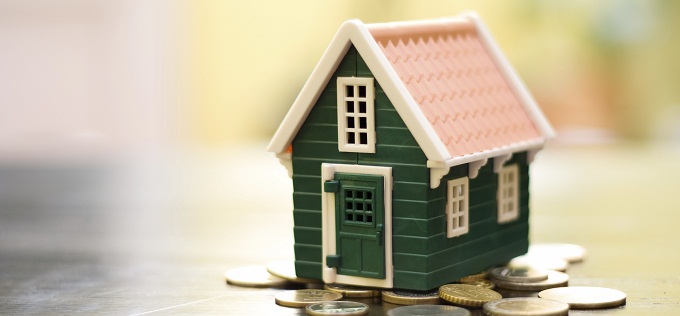This website uses cookies so that we can provide you with the best user experience possible. Cookie information is stored in your browser and performs functions such as recognizing you when you return to our website and helping our team to understand which sections of the website are the most popular and useful.
How to Avoid Paying Too Much for a House

There’s only one problem: price. It seems a bit on the high side, even for a home this perfect—but is it?
If you ask Cara Pierce, a real estate broker with Fonville Morisey in North Carolina’s Triangle region, the best way to answer that question is through due diligence. “Buyers should consider recent home sales data for the area they want to live,” Pierce says. “In many parts of our local market, overpricing is the primary reason homes are still for sale after 30 to 60 days.”
But whether a home’s price complements local sales data only addresses part of the pricing issue. You should also get to know the neighborhood and be willing to ask very specific questions about a property before making a commitment.
Feeling the neighborhood vibe
If a neighborhood isn’t a good fit for you and your family, the home’s price will always be too high. Remember, you’re not just buying the home. You’re paying for the location, too.
“Buyers should visit a house on at least 4 different occasions and at different times of day before deciding to buy,” says Fidel Davila, a real estate agent at Ed Price & Associates in High Point, North Carolina. “You should get a feel for the dynamics of the neighborhood.”
Does the quality of the surrounding area justify a home’s price? Access to good schools and recreational facilities can increase property values over time just as traffic noise and crime can lower them.
To the extent possible, try to determine whether a community will be as desirable 10 years from now as it is today. If you aren’t confident that the value of your investment will rise substantially over time, a seemingly high-priced home might be exactly that: too expensive.
The thinking is similar when it comes to a home’s overall condition. “Buyers should ask lots of questions about a house’s condition,” says Pierce. “How old is the roof? Will you need to replace it soon? The same goes for heating and air systems, windows, and exterior painting. You’ve got to scrutinize every potential expense when evaluating a home’s list price.”
Buyers in North Carolina should also consider how new construction influences a home’s price tag. If you’re set on buying a brand new house, be aware that you’re probably paying extra for the new materials used to build it. According to Pierce, “High construction material costs, high land prices, and high consumer demand are making new homes more expensive in the current market.”
If you can find an appealing older home in the same area as the new one that’s tempting you, you might end up with a better deal.
Preparing your finances
One thing many homebuyers forget is that a large portion of a home’s price lies in the long-term cost of the mortgage. If you only have an average credit score and haven’t saved much for a down payment, you might end up paying more than you should for a house—if you’re approved for a loan at all.
Consider how your repayment history will affect your interest rate. If you’ve missed some payments or carry credit card debt, focus on repairing your credit before buying a home.
As Pierce explains, “Good credit, a history of on-time payments, and being gainfully employed will make you a good lending candidate.” And a better lending candidate will get a better rate.
Having a sizable down payment comes in handy, too. Putting down 20% means you won’t have to purchase private mortgage insurance, lowering a home’s overall costs even further.
You could also qualify for a lower interest rate and begin your homeownership journey with substantial equity. In the end, you pay thousands of dollars less over the course of a 30-year mortgage.
In any case, never buy a home on impulse or just because you love the property features. North Carolina buyers should note that only sellers pay real estate commissions to brokers, so connecting with a licensed broker is a great way to obtain realistic guidance about a home’s price relative to its market value. A broker will also represent you throughout the buying process, free of charge.
“If you’re looking at a house listed at $150K but everything else in the neighborhood sells for around $125K, it’s time to start asking questions,” says Davila. “Otherwise, you could end up paying too much.”




